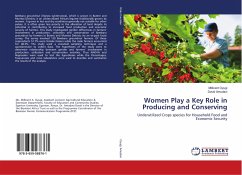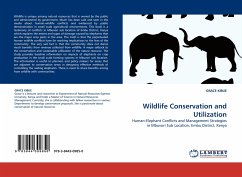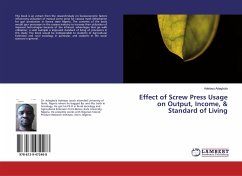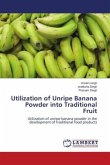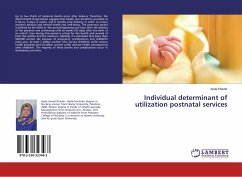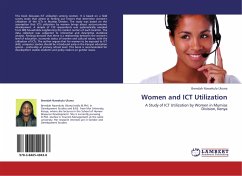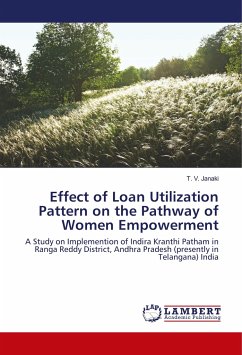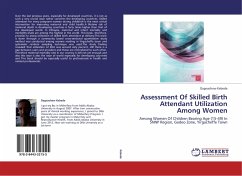Bambara groundnut (Vignea subterranea), which is grown in Butere and Mumias Districts, is an underutilized African legume traditionally grown by women. It grows in hot and dry conditions generally not suitable for other pulses. It is often given less priority in the allocation of land despite its potential in contributing to increased food production and economic security of farmers. This study investigated gender differences in farmers' involvement in production, utilization and conservation of Bambara groundnut by farmers in Butere and Mumias Districts via an ex-post facto survey. The survey involved 120 Bambara groundnut farmers. Of these respondents 51.7% were female famers while the male farmers accounted for 48.3%. The study used a snowball sampling technique and a questionnaire to collect data. The hypotheses of the study were to determine relationship between gender and farmers' involvement in production, utilization and conservation activities. Thus ANOVA and Regression were used to test the hypotheses while the Percentages, frequencies and cross tabulations were used to describe and summarize the results of the analysis.

